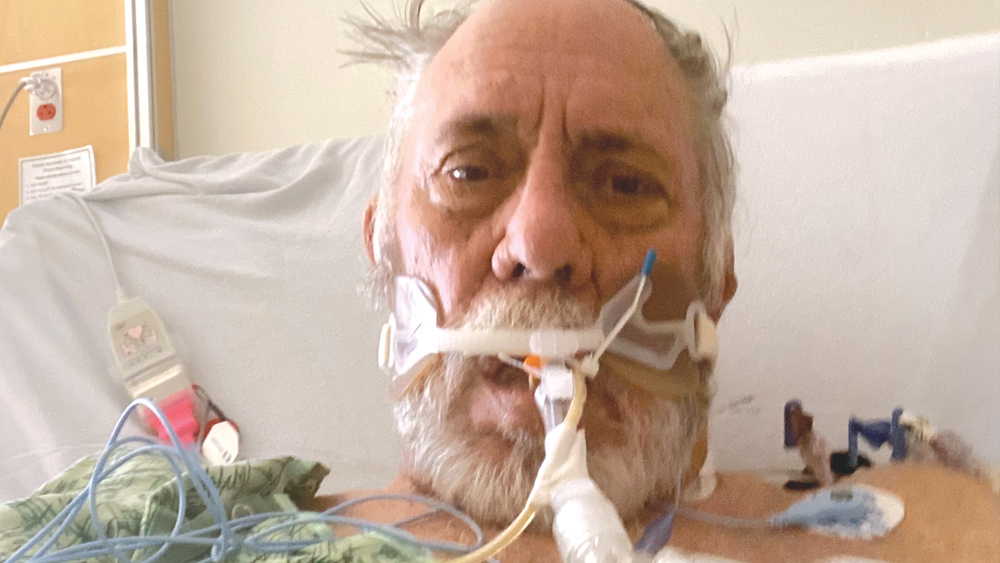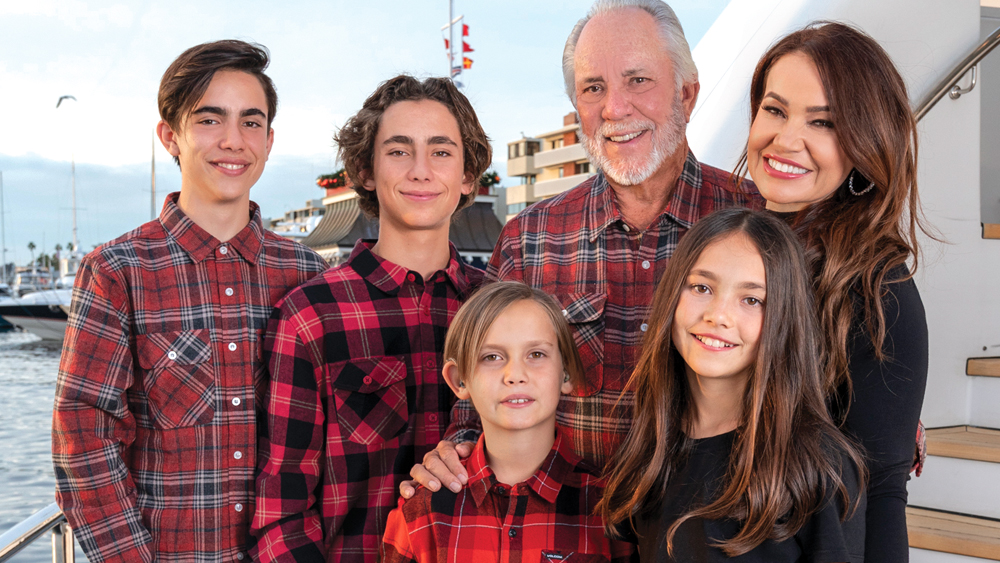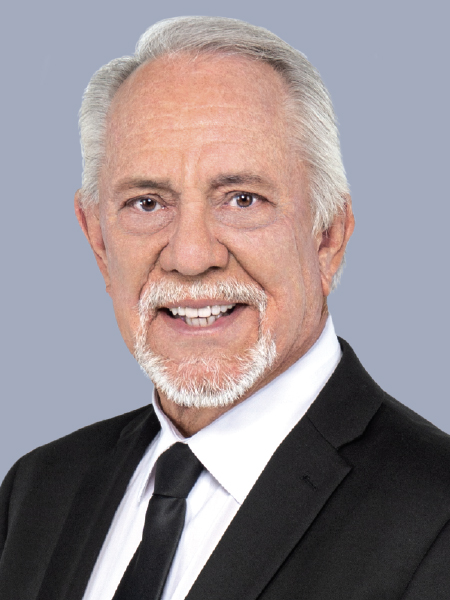My Personal Battle with COVID-19

To most, COVID-19 remains an invisible menace. For all the headlines and historic disruption, it’s a statistical minority who have any firsthand experience with the illness itself.
Regrettably, I’m one of them.
When I walked into the hospital on March 23, I weighed 230 pounds. Twelve days later, leaving in a wheelchair, I weighed 203 pounds. I couldn’t walk, and could scarcely talk. The intubation left me depressed, and the drugs administered left me confused.
But I’d survived, whereas so many others haven’t.
The doctors and nurses couldn’t have been nicer. During the second night, I was given a drug that would “help me sleep.” I woke up around 2 a.m. so confused that I climbed out of bed to use the bathroom — not realizing I was connected to an assortment of tubes and a catheter. I’d pulled the tubes out, leaving blood all over the floor. The poor nurse hollered at me and helped me back to bed. I still couldn’t figure out where I was.
The worst of it was the intubation. My personal doctor debated its necessity, but the hospital staff won out. I suppose we’ll never really know what role the procedure played in my recovery, but two days in, I was suicidal. Lying there alone between nurse visits, staring at the ceiling. … If I’d had a switch that would have ended it all, I would have turned it off, certain I wasn’t going to make it.
But I also worried about my wife and kids. I couldn’t even tell them goodbye. I couldn’t speak, and my cell phone battery was dead. Would they be all right? Had I done enough to ensure their health and happiness?

Jim and his wife, Parvina, with their four children.
I had similar thoughts about my company — the extended family of Glidewell employees and customers, and all the great work that they do. After 50 years, could it all unravel so quickly?
I was fortunate to be included in a clinical trial for Remdesivir, a drug that I believe helped me recover. After waiting several days for the drug to arrive, we saw improvement after two days of IV delivery. My temperature dropped from 100 degrees to 98.6, and stayed there.
I feel the combination of virus and treatment has left me with a permanent decrease in vital lung capacity — probably 10% or more. But I can live with that. It’s a fair price to still be here, watching over my family and company.
I’m also proud to see how well they fared in my absence. It renews my hope that at least some of what we do may extend beyond our own fragile lifetimes. That the sacrifices we make, the experiences we share, the lessons we impart, can be used to improve and sustain those we must eventually leave behind.
We all get only so much time. Our legacies are determined by how we spend it. I’m grateful to the dedicated health care providers who were there to aid me, and I’m continually inspired by those of you who’ve similarly committed your professional lives to serving the health and well-being of others.
It’s why I joke that my “exit strategy” is “a pine box.” Dentistry has provided me with so much, I can’t simply walk away into some golden notion of retirement. All I can do is try to give back. For everything we’ve accomplished, there are so many exciting developments on the horizon. And I feel I owe it to dentists and patients everywhere to see them through.
Spending whatever time I have left helping to ensure you’re successful with yours.
-Jim Glidewell



